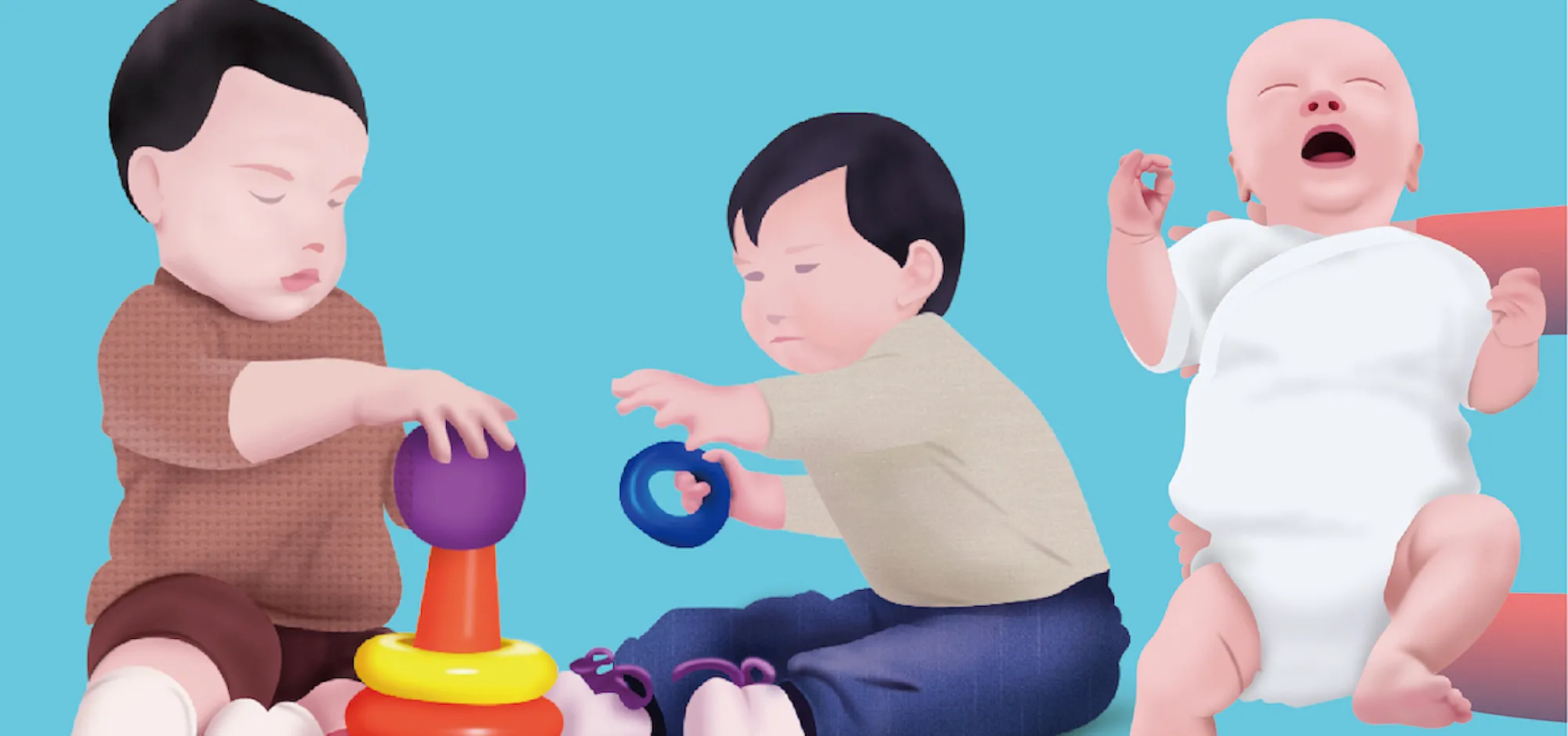The new measure aimed to alleviate an aging population—but online it sparked jokes and ridicule
China’s so-called "Two Child Policy" became a "Three Child Policy" as of Monday, after a meeting by the Communist Party of China decided to relax its decades-old policy (officially known as the Family Planning Policy) on family sizes. But along with in-depth commentary on the political and social ramifications of easing birth restrictions, the internet was also flooded with a wave of cynicism, humor, and ridicule.
First implemented in 1980, the Family Planning Policy restricted most urban couples to having one child only (hence its unofficial name "One Child Policy") until 2016, when they were allowed to have two children. However, this failed to increase birth rates. The country’s most recent census, released in May this year, showed that people over 60 grew to 18.7 percent of the total population, up from 13.26 percent in 2010.
Many netizens argued that relaxing the policy to allow three children does little to alleviate structural barriers to having larger families, and complained that financial and career pressures made it almost impossible to raise even one child. Others commented in more creative ways, making jokes about buying triple bunk beds and preparing to look after nine grandchildren when they get older. Shops and brands were also quick to get in on the hype, and netizens lapped up the humor of it all.
A picture resembling an ad for contraceptive brand Durex contains the caption: "I'll be leaving; you can play."














